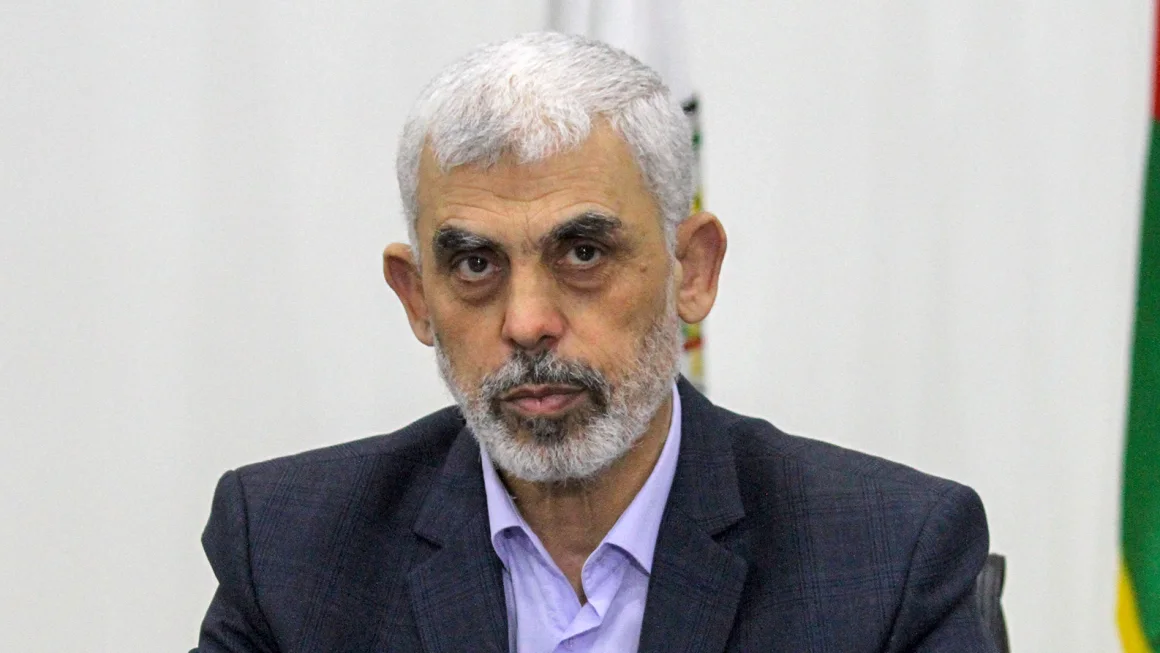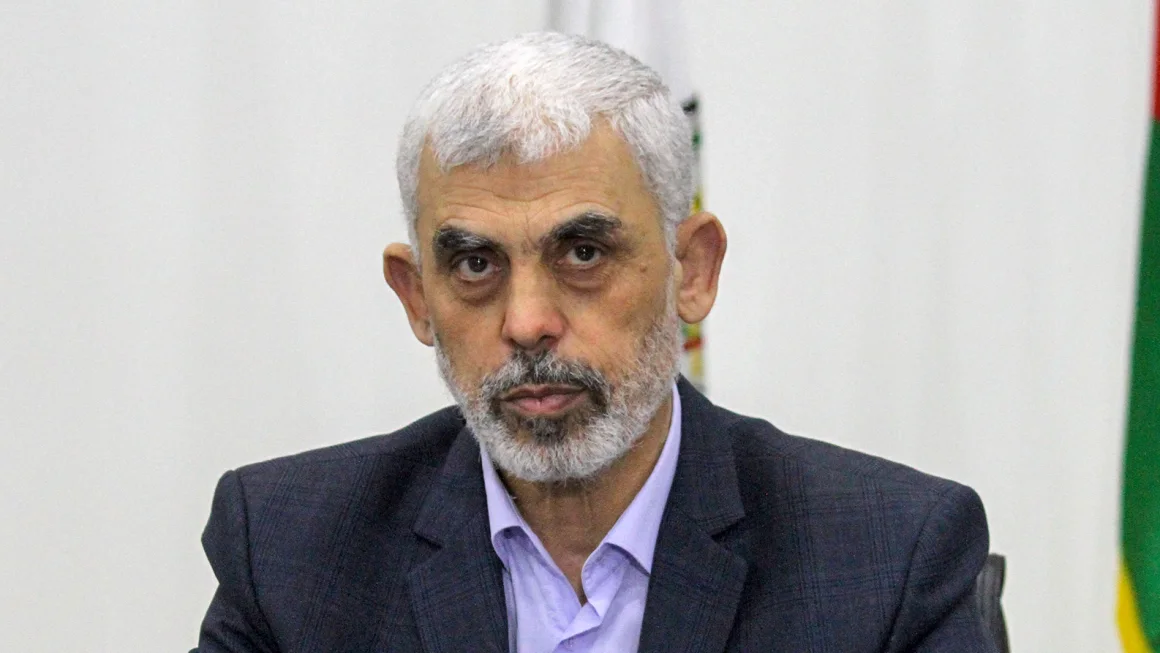
New Leadership Brings Uncertainty and Despair for Displaced Gazans
As Hamas appoints a new hardline political leader, hope remains elusive for the displaced and hungry residents of Gaza. The recent appointment of Yahya Sinwar as head of Hamas’ political bureau has left many Gazans worried about their future amid ongoing conflict and hardship.

Leadership Shift Amid Turmoil
On Tuesday, Hamas named Yahya Sinwar as the new leader of its political bureau, succeeding Ismail Haniyeh, who was killed in Tehran. The Iranian government blamed Israel for the assassination, though Israel has not confirmed involvement. Sinwar, previously the head of Hamas in Gaza, is known for his uncompromising stance and closer ties to Iran. Accused by Israel of orchestrating the October 7 attack, he is believed to be hiding in a Gaza tunnel.
Hatem Mohammed, a retired civil servant in Gaza, expressed his concern: “This is a hasty and irrational move in response to Haniyeh’s assassination. Sinwar is not fit for the job; we need a leader who understands politics like Haniyeh, Khaled Meshaal, or Mousa Abu Marzook.”
Gaza’s Unrelenting Crisis
The ongoing war has devastated Gaza, with more than 39,000 people killed according to Palestinian authorities. The appointment of Sinwar, seen as less amenable to ceasefire negotiations, has cast doubt on the prospects for peace. US officials believe Sinwar is deep underground, possibly using Israeli hostages as human shields.
Ismail Jalal, a father of two from northern Gaza, voiced the desperation felt by many: “We don’t care who they name as leader. All we’re asking for is a ceasefire. We need someone who can reach a deal and save what is left of our people.”
Abu Fadi Rafeeq, displaced in Khan Younis, criticized Sinwar’s appointment as “reckless,” fearing it will prolong their suffering. “He doesn’t suffer like me,” Rafeeq said. “He hasn’t lost his entire family like me.”

The War’s Toll
The war, which began in retaliation for Hamas’ attack on Israel that killed 1,200 people and resulted in over 250 abductions, continues to wreak havoc on Gaza. Despite the hardships, support for Hamas remains significant. A survey by the Palestinian Center for Policy and Survey Research showed that 46% of Gazans support Hamas returning to power, with 64% satisfied with the organization’s performance and 50% approving of Sinwar.
Abu Ali, a Hamas fighter, endorsed Sinwar’s leadership: “He’s the best choice to lead the next phase. He’s the only one who has lived this ordeal.”
Conclusion
As Yahya Sinwar takes the helm, the people of Gaza are left grappling with uncertainty and fear. With the future of ceasefire talks in doubt and the humanitarian crisis worsening, the need for a compassionate and strategic leader has never been more critical.



